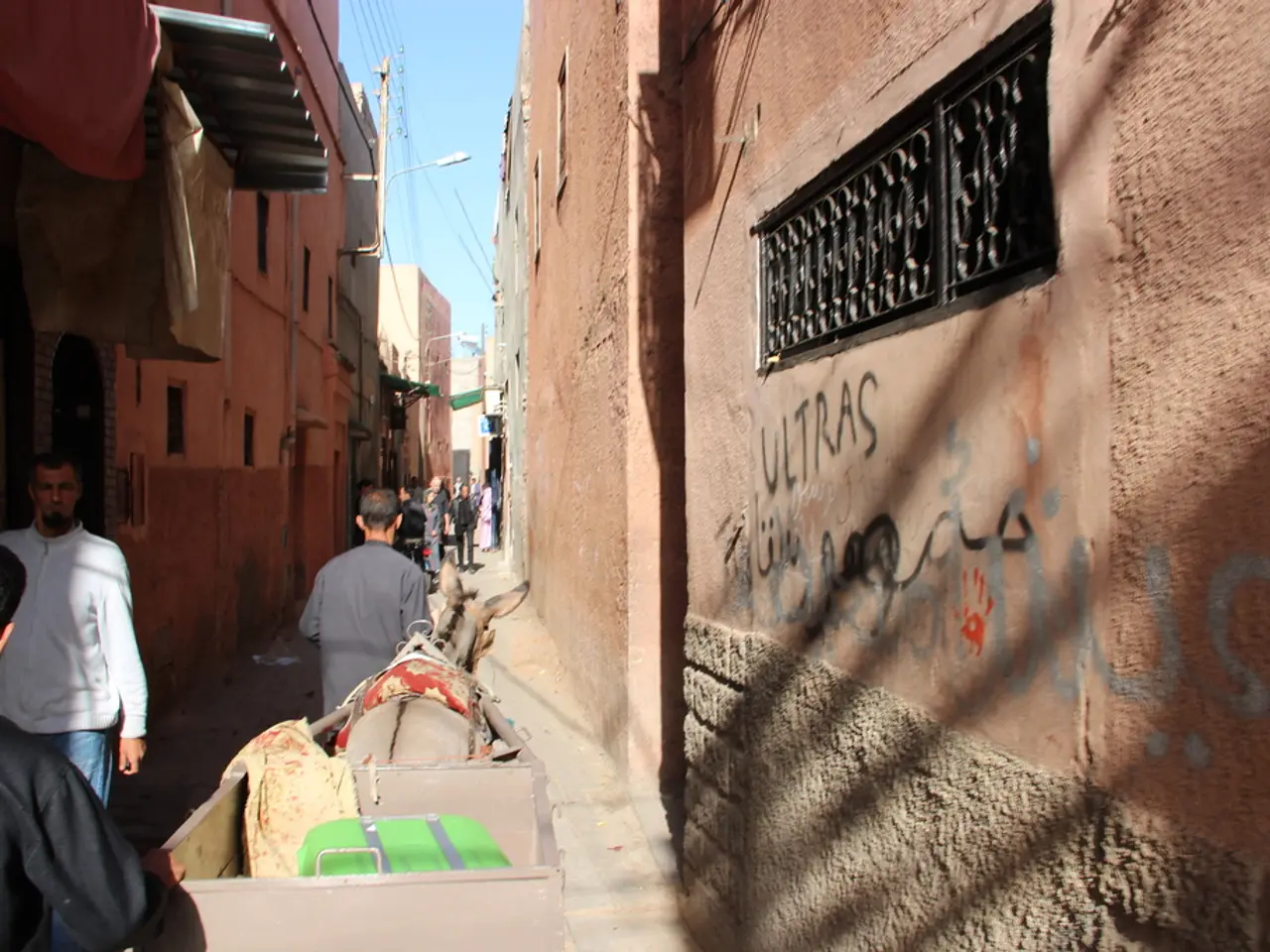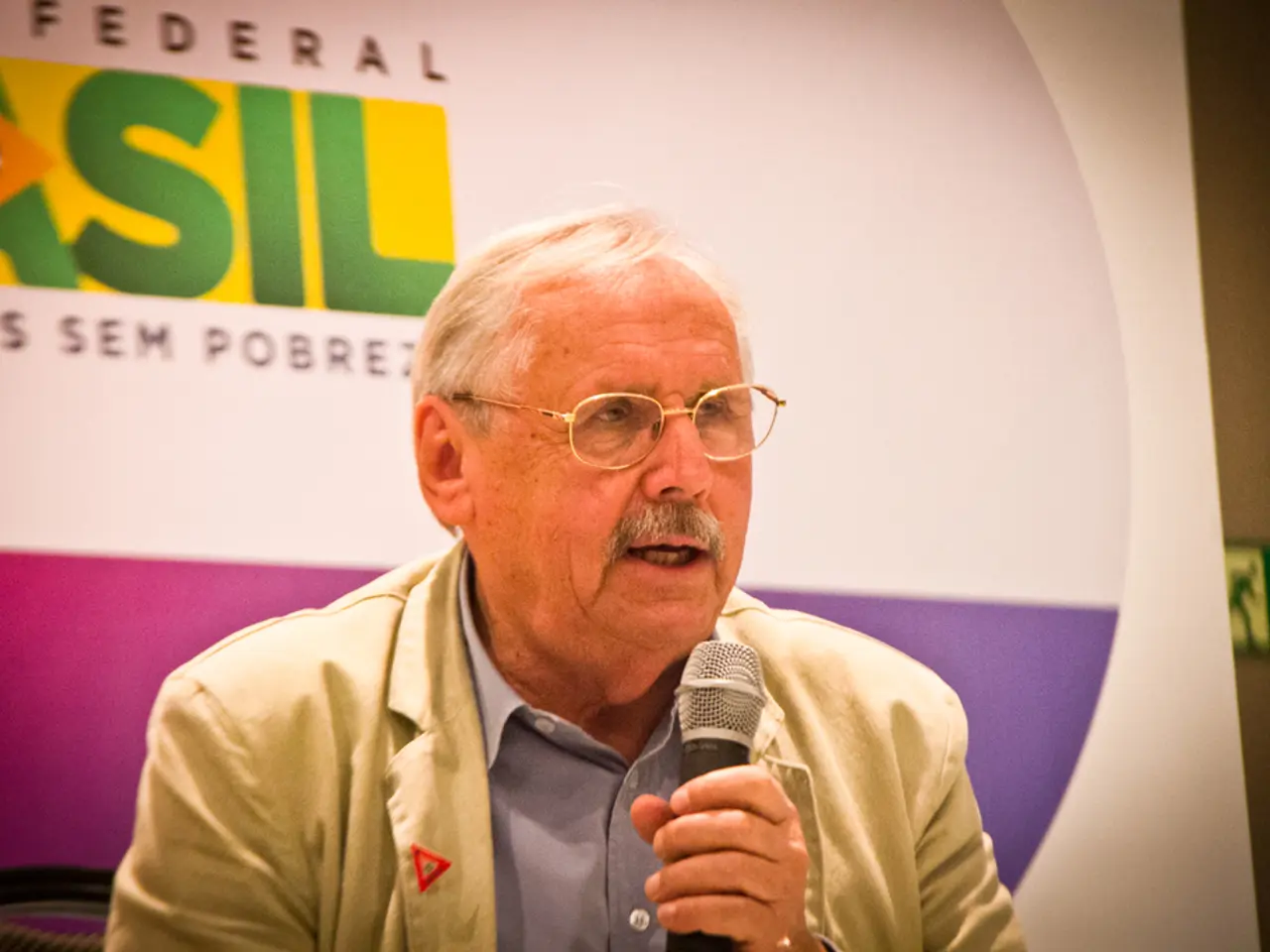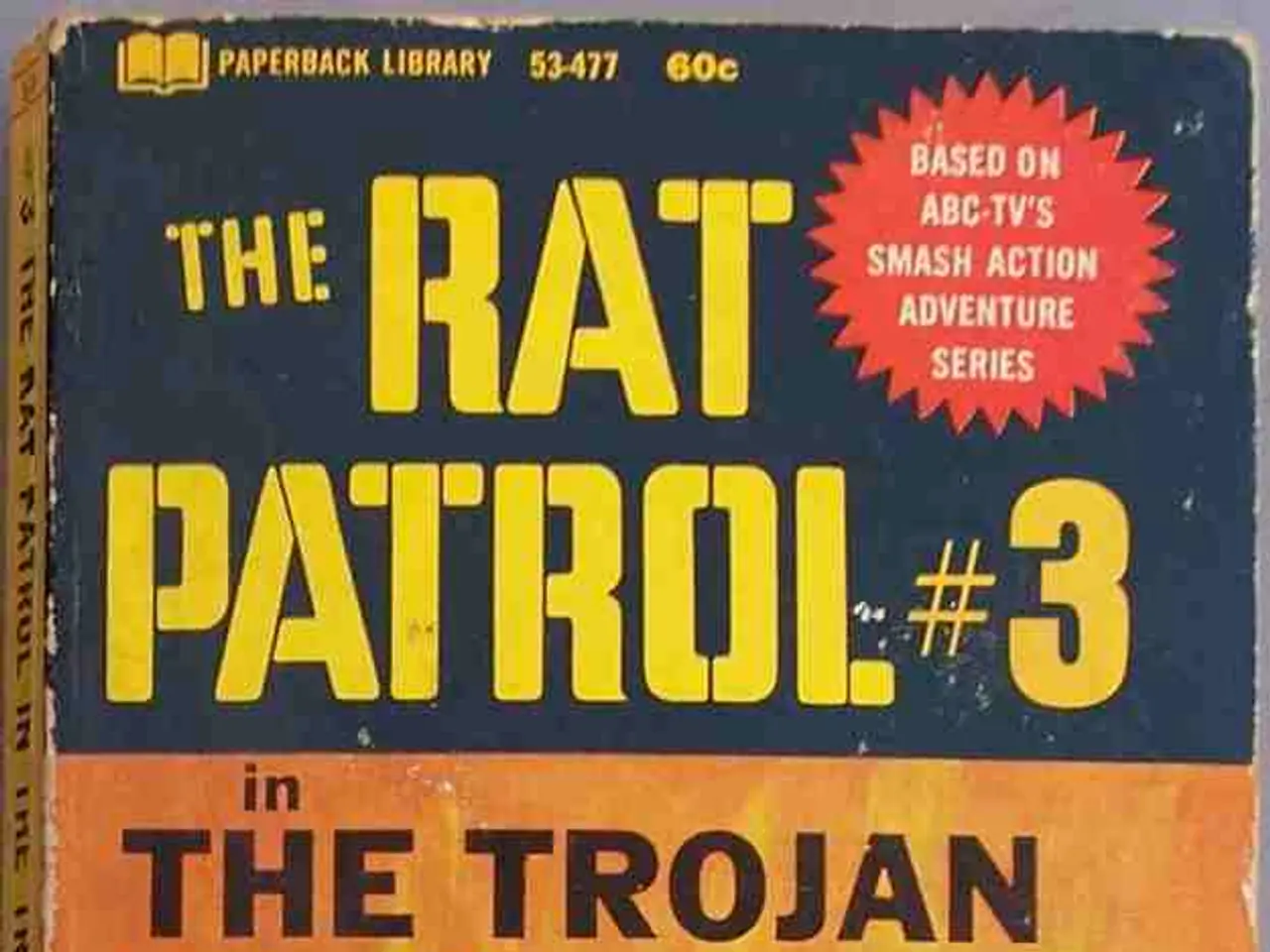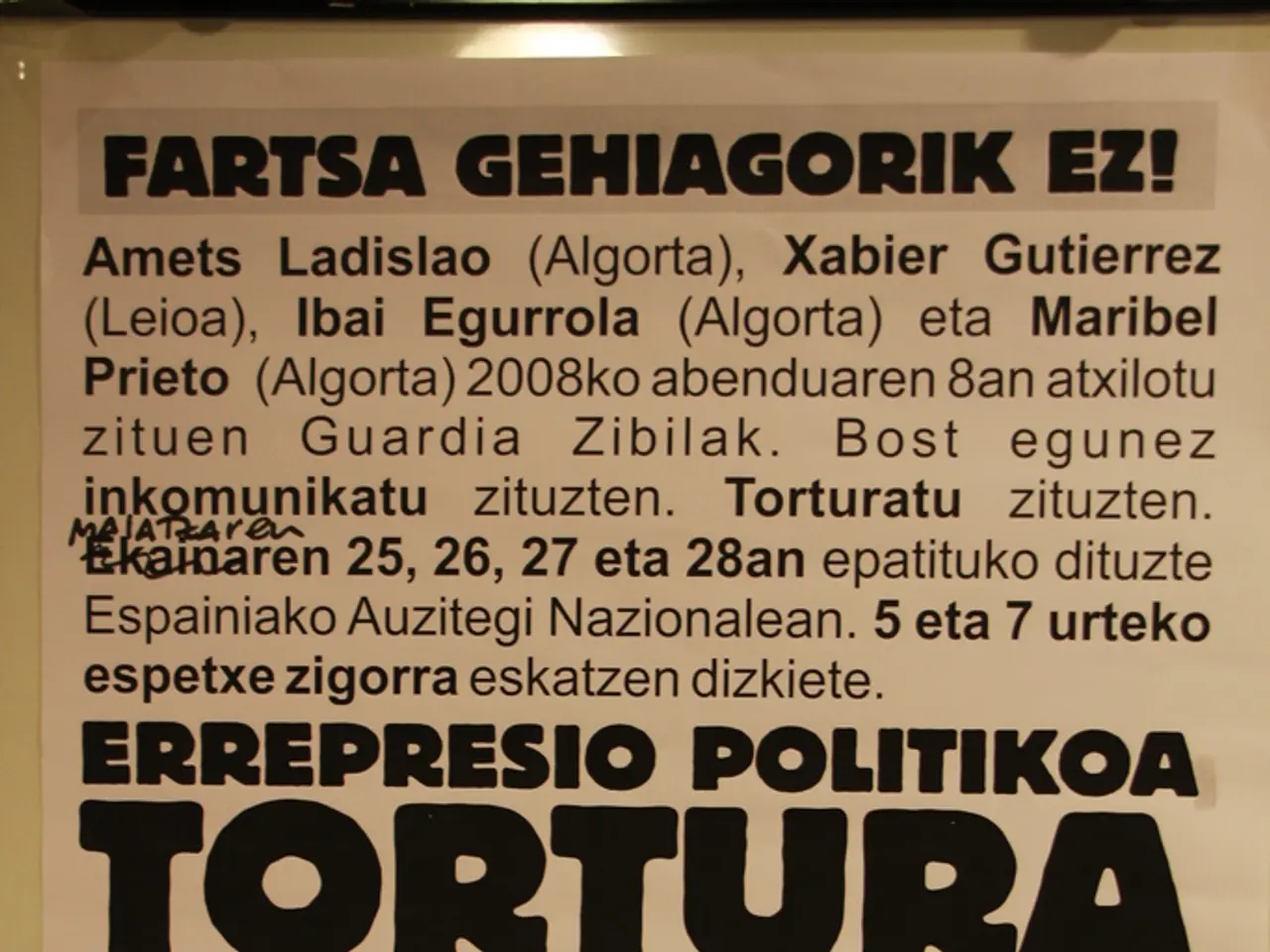U.S.-Israeli assistance criticized as "humiliating" and "bloodied" by Gaza tribal leaders
The humanitarian crisis in Gaza is currently at a critical point, with widespread famine-like conditions and mass casualties occurring as Palestinians seek basic aid such as food. According to various reports, Israeli forces have repeatedly used lethal force against civilians trying to access food aid at distribution sites, resulting in hundreds of deaths.
The Gaza Health Ministry reports that since the war began on October 7, 2023, 154 Palestinians, including 89 children, have died from starvation and malnutrition. The situation is particularly dire for vulnerable populations, with children dying at unprecedented rates amid worsening famine conditions.
Human Rights Watch states that from late May to the end of July 2025, at least 859 Palestinians were killed near aid distribution points operated by the Gaza Humanitarian Foundation under Israeli military coordination. The UN and UNICEF have also reported that the crisis is worsening daily, with the strong and corrupt seizing most of the aid, leaving many in need without assistance.
The cause of this crisis is attributed in large part to Israel’s use of starvation as a weapon of war by enforcing sweeping restrictions on aid entry and employing deadly force at aid sites. These actions have been described by Human Rights Watch as war crimes and crimes of extermination. Despite Israeli announcements of daily military pauses intended to improve humanitarian access in some parts of Gaza, attacks and restrictions continue, preventing sufficient aid delivery and putting civilians’ lives at extreme risk when seeking food.
International organizations like the UN and UNICEF are calling for immediate cessation of violence against aid seekers, lifting of restrictions on aid access, and suspension of the current flawed aid distribution methods. There is pressure on states to demand Israeli authorities stop using lethal force on civilians and to allow unimpeded humanitarian aid delivery. The International Rescue Committee (IRC) and other humanitarian groups continue to try to deliver lifesaving aid despite the ongoing challenges posed by blockades and security risks.
Last week, the U.N.'s World Food Program warned that one-third of Gaza's population had gone several days without eating. In response, Husni Salman al-Mughni, head of the Supreme Authority for Tribal Affairs, invited U.S. Middle East envoy Steve Witkoff to tour Gaza and see the devastation and famine firsthand. Al-Mughni stated that Israel is responsible for the devastation and famine in Gaza, and demanded the right to live with dignity, rebuild their homeland, and secure true human rights, not conditional aid wrapped in humiliation.
Palestinians claim the Gaza Humanitarian Foundation is being used to pressure them into displacement. Gaza's tribal leaders have condemned aid distribution centers run by Israel and the United States, with al-Mughni describing the situation in Gaza as one where children are left naked and starving in the streets.
Israel faces a genocide case at the International Court of Justice for its war on the enclave, with last November seeing the International Criminal Court issuing arrest warrants for Israeli Prime Minister Benjamin Netanyahu and his former Defense Minister Yoav Gallant for war crimes and crimes against humanity in Gaza. Israeli fire on Palestinians waiting for aid since May 27, 2023, has killed 1,383 people and wounded more than 9,200 others.
The relentless bombardment has destroyed the enclave and led to food shortages, with no specific reports from tribal leaders noting relief from hunger despite claims of aid deliveries. Al-Mughni invited Witkoff to tour an aid center in Rafah run by the so-called Gaza Humanitarian Foundation, where he could witness the aid system offering cartons of aid in exchange for Palestinian lives.
In conclusion, the humanitarian crisis in Gaza is at a critical point, with urgent action needed to prevent mass famine and further loss of civilian lives. International organizations, humanitarian groups, and individuals are calling for immediate action to stop the violence against aid seekers, lift restrictions on aid access, and suspend flawed aid distribution methods. The international community must take action to hold those responsible for these crimes accountable and ensure that lifesaving aid reaches those in need.
- The dire situation in Gaza calls for intense global political intervention to cease lethal attacks on civilians seeking basic aid and to establish more efficient humanitarian aid distribution methods.
- In the middle east, specifically Gaza, rising concerns about health and welfare are accompanied by a surge in war-and-conflicts, leading to a deeply troubling state of affairs.
- The International Rescue Committee (IRC) and other humanitarian organizations are working tirelessly in the midst of intense defense measures and security risks to deliver lifesaving aid to people struggling with food shortages.
- Amidst the escalating world news marked by crime-and-justice and political disputes, the humanitarian crisis in the Gaza region has become a pressing concern, with general news outlets constantly reporting on severe challenges such as the unfolding famine and widespread casualties.








